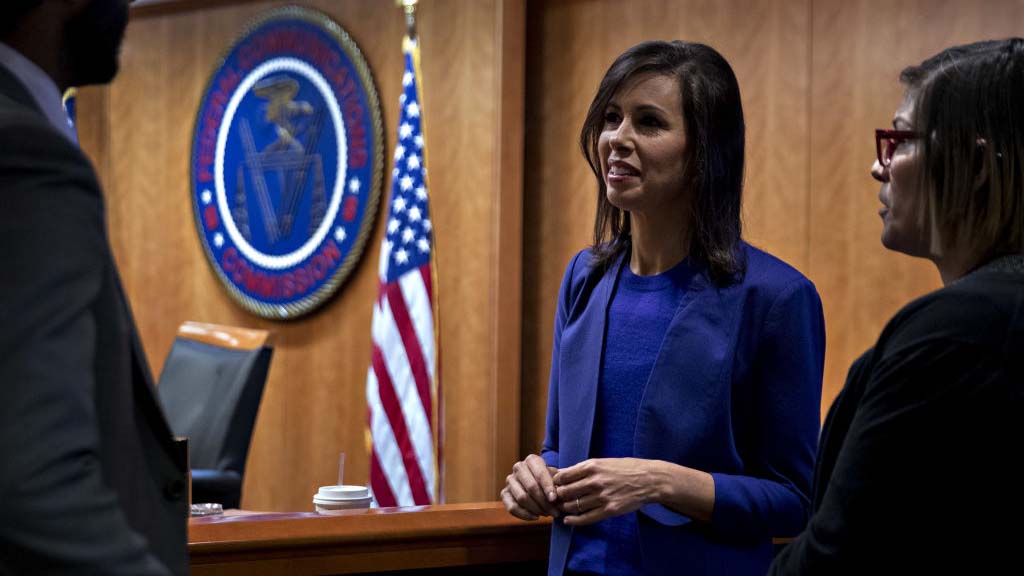Cable ISPs Look To Shape Expected Return of FCC’s Net Neutrality Rules
Reply comments outline do’s and don’ts of rules they still say are illegal and counterproductive

The smarter way to stay on top of the multichannel video marketplace. Sign up below.
You are now subscribed
Your newsletter sign-up was successful
Likely seeing the re-regulatory handwriting on the wall, cable internet service providers have told the FCC just how it should reclassify broadband as a Title II service and what it should and shouldn’t do when it reimposes new net neutrality rules, as it is expected to do after a suitable timespan following the public comment period on its reclassification proposal.
In reply comments to the Federal Communications Commission (due January 17), NCTA – The Internet & Television Association continued to argue against either reclassification or the return of rules against blocking, throttling and anticompetitive paid prioritization, which it said are illegal (beyond the agency’s authority), unnecessary, burdensome and counterproductive to the goal of universal broadband.
Also Read: Former Democratic Iowa Official Opposes Net Neutrality Rules
But given that a Democratic majority supports the return of broadband regulatory authority, NCTA told the FCC just where to go on the path to regulating its internet access service. That includes preempting any state attempts to go beyond the FCC rules, as well as not applying the rules to interconnections between ISPs and streamers like Netflix.
Netflix has long argued for interconnection neutrality, saying the fee ISPs charge streamers for such connections are an arbitrary tax levied by powerful ISPs that control streamers' access to their subs and the quality of the video they deliver.
NCTA, joined by over a half-dozen state associations, said if the FCC goes ahead with the plan, it should do the following:
- Provide exceptions for reasonable network management;
- Permit usage-based billing and zero-rating;
- Refrain from extending those rules to non-BIAS [broadband internet access service] data services or internet interconnection and traffic exchange arrangements;
- Avoid drawing “unwarranted” distinctions between broadband technologies (as in, apply it to wireless, fixed wireless, satellite-delivered broadband or any other broadband delivery technology).
- Forbear from all Title II provisions that would authorize the FCC to regulate rates and mandate unbundling, as well as from other “burdensome and ill-fitting” provisions of Title II.
- Preempt state and local regulation of broadband services and reject proposals to deem any federal framework as merely a “floor,” “as such an approach would only invite states and localities to attempt to override federal policy determinations.”
NCTA pointed out in its comments that the Democrat-led imposition of net neutrality rules in 2015 included a directive that states “could not disturb [the FCC’s] ‘carefully tailored regulatory scheme’ by regulating more or less stringently.” It said the regulator should follow the same course.
The smarter way to stay on top of the multichannel video marketplace. Sign up below.
Now that reply comments have been received, FCC chair Jessica Rosenworcel can schedule a vote on a final order as soon as those comments have been sufficiently vetted.
Contributing editor John Eggerton has been an editor and/or writer on media regulation, legislation and policy for over four decades, including covering the FCC, FTC, Congress, the major media trade associations, and the federal courts. In addition to Multichannel News and Broadcasting + Cable, his work has appeared in Radio World, TV Technology, TV Fax, This Week in Consumer Electronics, Variety and the Encyclopedia Britannica.

